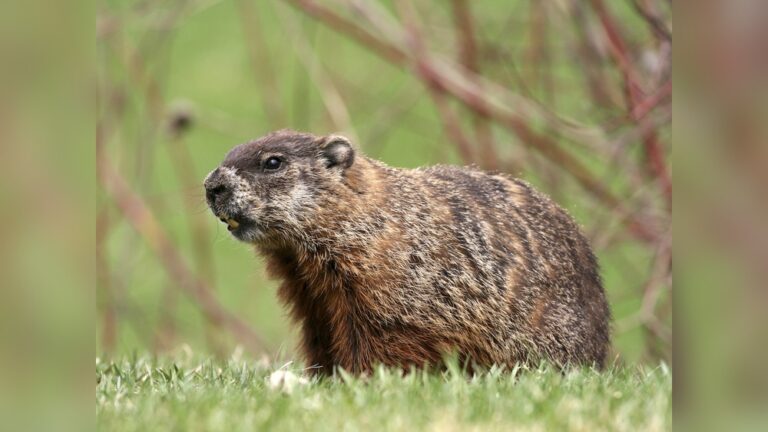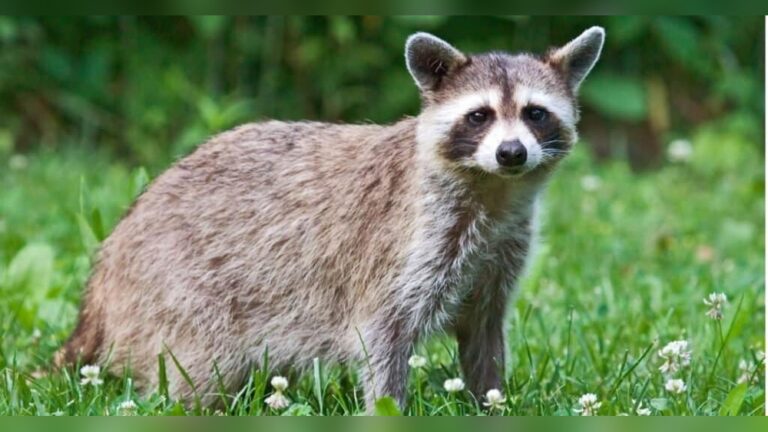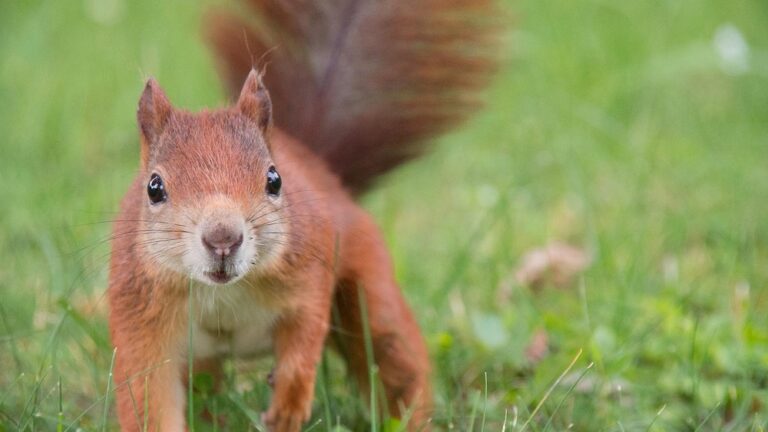Are Skunks Rodents? Shocking Truths You Need to Know
Have you ever wondered if skunks are rodents? It’s a common question that many people ask, especially when they spot these curious creatures nearby.
Understanding what skunks really are can change how you see them and even how you handle encounters with them. You’ll discover the surprising truth about skunks’ classification and learn why they are quite different from rodents. Keep reading—this might just change your perspective on these striped animals forever.
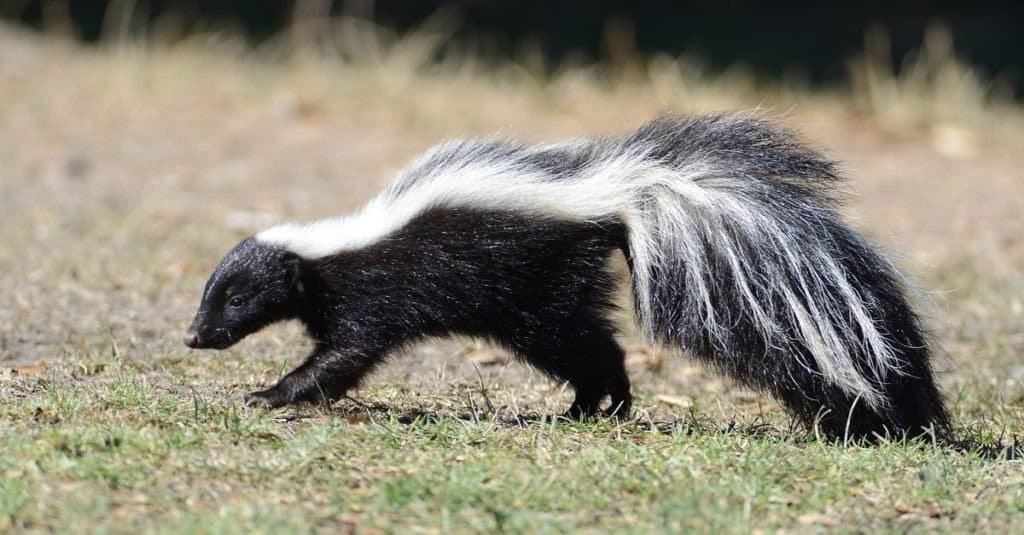
Credit: a-z-animals.com
Skunk Classification
Skunks are often confused with rodents because of their size and habits. Many people wonder if skunks belong to the rodent family. Understanding skunk classification helps clear this up. Skunks have unique traits that set them apart from rodents.
Let’s explore what kind of animal a skunk is. We will look at its mammal status, family, species, and physical features.
Mammal Or Rodent?
Skunks are mammals, not rodents. Mammals are warm-blooded animals with fur or hair. They feed their young with milk. Rodents belong to a different group with sharp front teeth. Skunks do not have these teeth. This shows they are not rodents.
Family And Species
Skunks belong to the family Mephitidae. This family includes all skunks and stink badgers. They are part of the order Carnivora. This order also has dogs, cats, and bears. There are about 12 skunk species. Each species has different colors and sizes.
Physical Characteristics
Skunks have black and white fur with stripes or spots. Their bodies are stout with short legs. They have long, bushy tails. Skunks have strong front claws for digging. Their teeth are sharp, suited for eating meat and plants. These features differ from rodents like mice or rats.
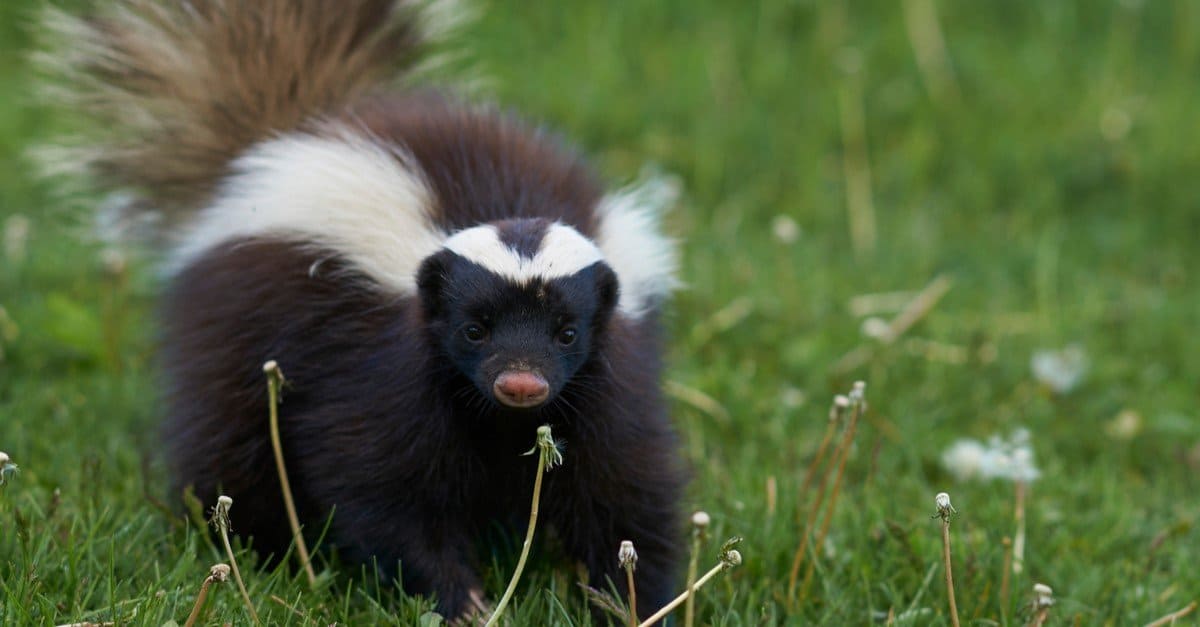
Credit: a-z-animals.com
Skunk Behavior
Skunks are unique animals known for their strong smell and interesting habits. Their behavior helps them survive in the wild. Understanding skunk behavior gives us a better idea of their lifestyle and how they interact with nature.
Diet And Feeding Habits
Skunks eat many types of food. They are omnivores, which means they eat plants and animals. Their diet includes insects, small rodents, fruits, and berries. Skunks often search for food at night. This makes them nocturnal animals. They use their strong sense of smell to find prey and edible plants.
Habitat And Range
Skunks live in many places across North and South America. They prefer wooded areas, grasslands, and sometimes urban zones. Skunks make dens in burrows, hollow logs, or under buildings. They like places that offer shelter and food nearby. Their range changes with the seasons and food availability.
Defense Mechanisms
Skunks have a famous defense method. They spray a strong-smelling liquid to scare predators. Before spraying, skunks give warning signs. They stomp their feet and raise their tails. This behavior warns enemies to stay away. The smell can last for days and is hard to remove. This defense keeps skunks safe from most threats.
Common Misconceptions
Many people confuse skunks with rodents. This confusion leads to wrong ideas about skunks. Clearing up these misconceptions helps us understand skunks better. Here are some common myths about skunks and the truth behind them.
Why Skunks Are Mistaken For Rodents
Skunks look small and furry like rodents. Their size and shape cause this mix-up. Skunks also live near homes and gardens. Rodents share these habitats too. These factors make people think skunks are rodents.
Differences From Rodents
Skunks belong to the family Mephitidae, not rodents. Rodents have sharp front teeth that grow constantly. Skunks have different teeth designed for an omnivore diet. Skunks also spray a strong odor. Rodents do not have this defense. Their body structure and behavior are different too.
Impact Of Mislabeling
Calling skunks rodents can cause harm. People may try to trap or poison them like pests. Skunks play an important role in controlling insects and small animals. Mislabeling can hurt their population and disrupt nature. Knowing the truth helps protect skunks and the environment.
Skunks And Humans
Skunks have a unique place in the relationship between animals and humans. People often wonder if skunks are dangerous or if they can live near homes. Skunks are not rodents. They belong to the family Mephitidae, different from rodents like rats or mice. Understanding skunks helps people live safely with them.
Skunks As Pets
Some people choose skunks as pets. Pet skunks are usually descented and raised in homes. They can be friendly and playful with care. Skunks need special food and attention. They are not like cats or dogs and need patience. Owning a skunk requires checking local laws first. Not all places allow skunk pets.
Handling Skunk Encounters
Skunks spray a strong smell when scared. It is their main defense against threats. Stay calm if you see a skunk outside. Do not try to touch or scare it. Slowly move away and give it space. Keep pets indoors during skunk activity times. This reduces chances of spraying or bites.
Skunks In Ecosystems
Skunks help control insect and rodent populations. They eat bugs, small animals, and plants. This keeps gardens and farms safer from pests. Skunks also serve as food for larger predators. They play an important role in nature’s balance. Respecting skunks helps protect healthy ecosystems.
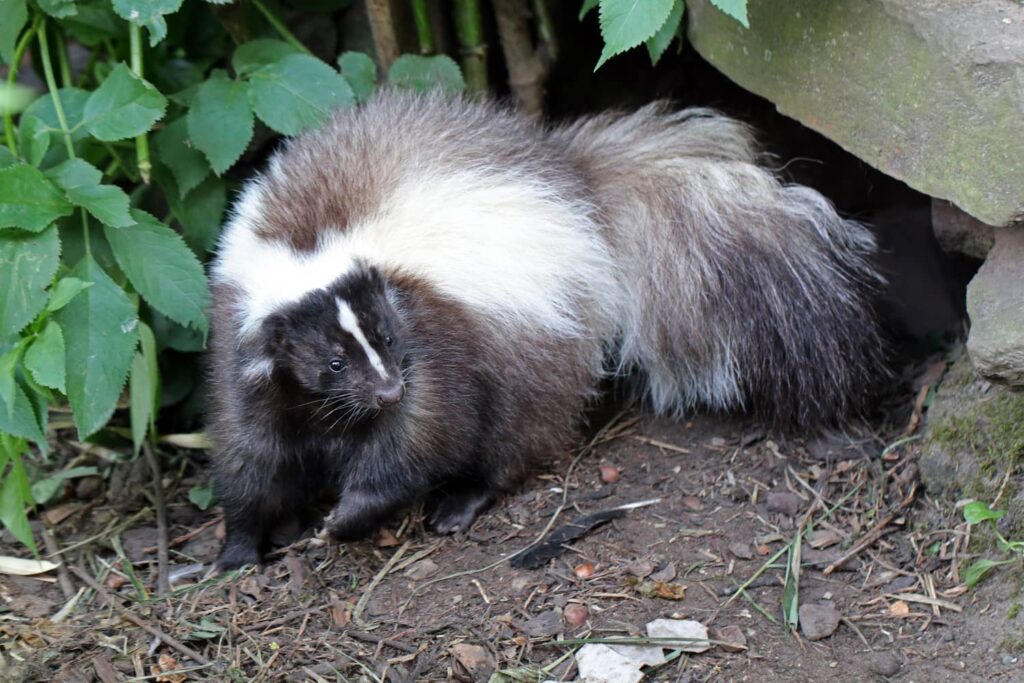
Credit: insideoutpestservices.com
How Smart Pets Lover Can Help You with Are Skunks Rodents
Exploring Skunks Beyond Rodent Myths: Practical Learning for Curious Pet Lovers
Understanding whether skunks are rodents opens up a wonderful chance to dive deeper into their true classification and behavior. As we’ve seen, skunks belong to the Mephitidae family, not rodents, which changes how we approach their care and interaction. Recognizing these distinctions helps pet parents and animal lovers appreciate skunks’ unique traits rather than relying on common misconceptions.
For those fascinated by skunks and their behavior, this knowledge encourages responsible curiosity—learning how skunks communicate, forage, or respond to humans can enrich your appreciation of wildlife and domestic animals alike. At Smart Pets Lover, where every wag, purr, and chirp tells a story, we believe that understanding animal classifications fosters empathy and respect, essential for nurturing any pet or wild animal responsibly.
- Observe local wildlife safely to see skunk behavior firsthand
- Explore reliable resources to differentiate skunks from rodents
- Engage with community wildlife groups to deepen your knowledge
For further insights or questions about skunks and other creatures, trusted organizations like your local wildlife rehabilitation center can be a helpful resource. Remember, learning about animals is a journey that strengthens our connection to the natural world and the pets we cherish.
Frequently Asked Questions
Are Skunks Classified As Rodents?
No, skunks are not rodents. They belong to the family Mephitidae, which is separate from rodents. Skunks are more closely related to weasels and otters than to rats or mice.
What Animal Family Do Skunks Belong To?
Skunks belong to the Mephitidae family. This family includes several species of skunks and stink badgers. They are distinct from rodents, which belong to the order Rodentia.
How Can You Tell Skunks Apart From Rodents?
Skunks have a unique scent gland for defense, unlike rodents. They have longer legs and a different body shape. Rodents typically have continuously growing incisors, which skunks do not have.
Do Skunks Share Any Traits With Rodents?
Skunks share some traits like small size and omnivorous diet with rodents. However, their anatomy and behavior differ significantly, placing them in a different animal family.
Conclusion
Skunks are not rodents; they belong to the mustelid family. They have unique features that set them apart from rodents. Knowing this helps avoid confusion about these animals. Skunks play an important role in nature by controlling insects and pests.
Understanding their behavior can keep you safe from their spray. Remember, skunks are wild animals and should be respected. Learning facts about skunks makes wildlife more interesting. Now you know the truth about skunks and rodents.

